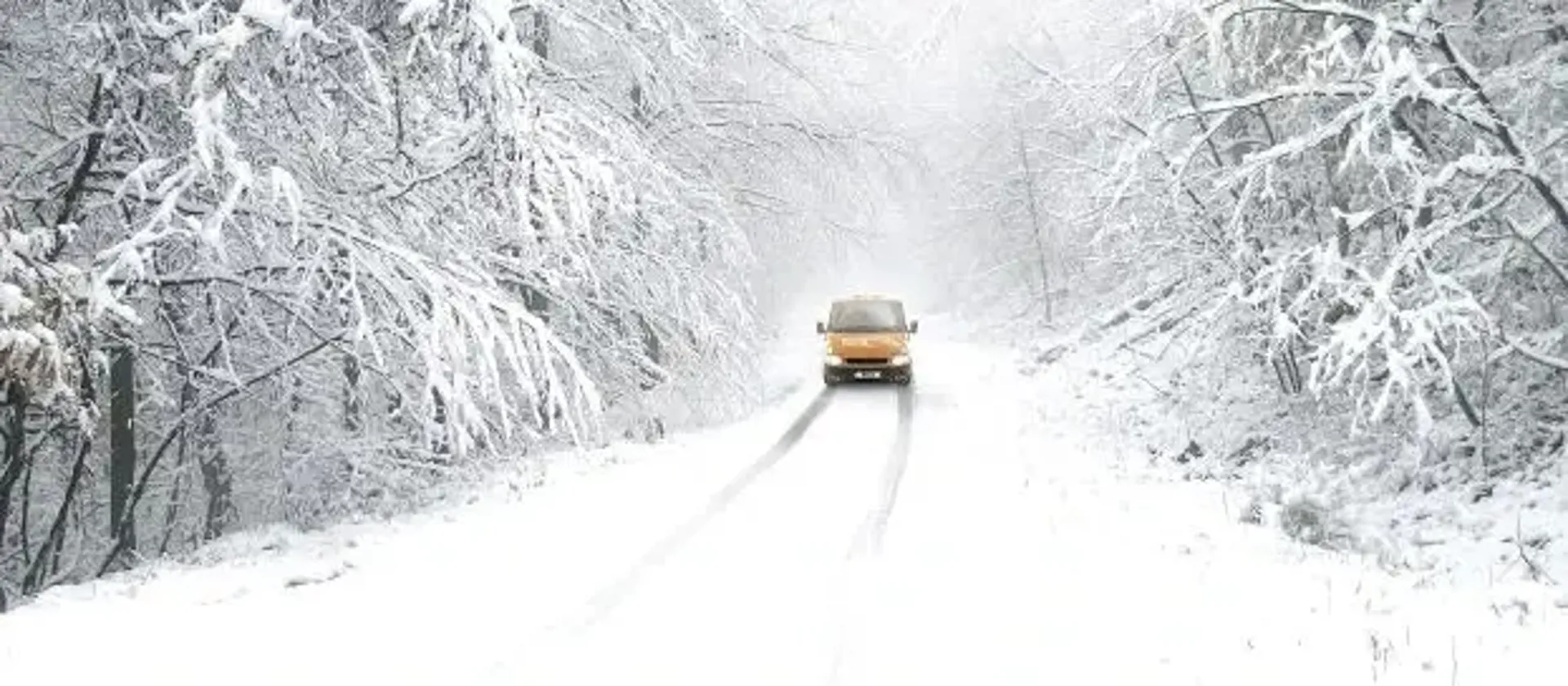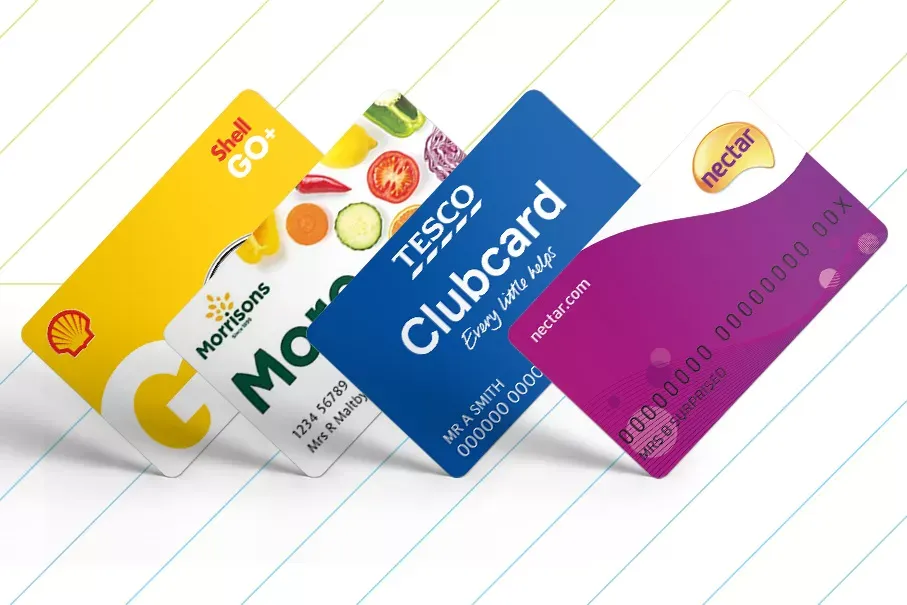
Take a few minutes to prepare you and your vehicle for the worst weather and you could save your business £200 a day.
With temperatures falling past sub-zero in many parts of the UK, the condition of the nation’s roads is once again uppermost in the minds of motorists and especially those who have to drive for a living.
No doubt many local authorities have been preparing for harsher winter driving conditions following the snow that has been seen in recent years, and gritters have been on full alert across the country to deal with the freezing conditions we saw over the Christmas holiday.
But there is a concern that company car drivers may be putting themselves at greater risk when it comes to driving in adverse conditions, mainly due to pressures of work.
Being able to drive, whether it is to attend meetings or make deliveries, is of course an integral part of many trades and professions. But recent research from the RAC’s Report on Motoring, found that company car drivers are five times more likely to drive regularly in snowy conditions than private car drivers, even though one in five admitted they felt ‘uncomfortable’ driving in snow.
It’s interesting to see such a stark difference with the risks company car drivers are willing to take. Clearly, it’s not always possible to down tools when the snow flurries start – but is there more that can be done to make journeys safer?
Although the latest statistics from the Department for Transport show that the number of accidents caused by slippery roads has fallen from 20,003 in 2010 to 9,595 in 2013, the risk is especially heightened in winter. Furthermore, statistics suggest that it costs businesses approximately £200 a day for each vehicle to be off the road due to mechanical failure or accidents, which could have longer-term implications for businesses and fleet managers.
In troublesome conditions, we all play a role in taking responsibility for our safety. It’s important for drivers to listen to advice and check local radio bulletins for news about local weather and road conditions and therefore make a common sense decision about whether it is appropriate to travel. If the conditions are dangerous and there is lots of snow or ice on the roads then it’s advisable for drivers to avoid non-essential journeys, or delay their travel until conditions improve. Ultimately, common sense must prevail, whatever the weather.
One tip is to try to avoid sharp braking on wet and icy roads – in a car with a manual gearbox, speed can be reduced by changing down through the gears.
The best advice we can give motorists is to plan for the worst so they are fully prepared. If you expect the worst you will hopefully end up being pleasantly surprised that you had an uneventful journey as opposed to finding yourself broken down and stranded as a result of being woefully underprepared.
Taking just a few minutes to prepare yourself and your vehicle could help to prevent any roadside regrets. Remember expect the worst: drive prepared.
Blog by Jenny Powley - Sales Director Corporate Business, RAC Business


